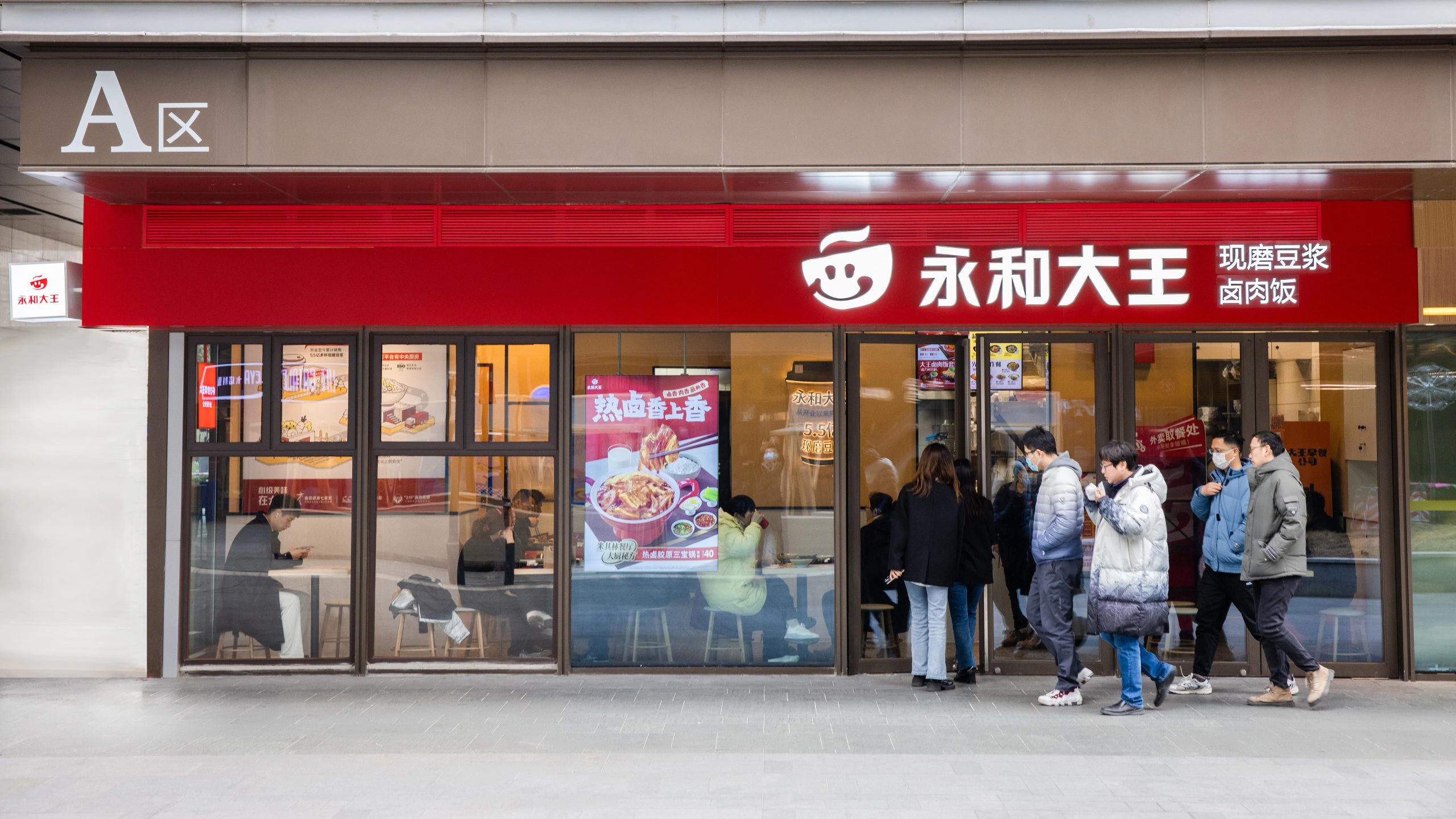Jollibee cautiously expanding in China, opening 100 stores this year
Jollibee Foods Corporation, one of the largest Asian food service companies, will continue to slowly expand its presence in China, targeting 100 new stores to augment its existing 560 stores despite prevailing challenges that has led to lower same-store sales growth.

In an online media briefing, Jollibee Group Chief Financial Officer Richard Shin said that, “We're in it for the long-term for China. But we recognize that the short-term is going to be bumpy and has been bumpy in the first quarter and will probably continue to be bumpy.”
“No excuses, but just based on facts and data, China's going through a rather challenging time across all sectors of industry and businesses.
“I think we all understand that there's some geopolitical tensions driving some of that. There's some issues around property markets. There's some confidence issues around the stock market. And of course, consumer confidence level is also slightly down as well,” said Shin
“Having said that, we are still slowly expanding in China. So we'll build somewhere around 100 new stores. We have about 560 stores there today. And the reason why we need to expand is because in places like Tier 3, 4 locations, we do not have all of our brands represented. So we're expanding through a franchise model," said Shin.
He explained that one third of the Chinese economy is real estate and the entire supply chain from construction materials all the way to home ownership.
“That segment is incredibly down… The other thing that's really impacting China is their export. Their number one trade partner, the US, that's been a very difficult relationship. And so therefore, what the US has decided to do is to increase tariffs because they also want to be competitive.
“And so the export market to their number one market has also been difficult. Following that, the allied countries like Korea, et cetera, so this part of the world, they've also taken very similar measures around trade.
“So I think because of all of that, consumer confidence, of course, gets impacted. Employment gets impacted with many people being displaced from employment as well. So it's been tough,” Shin elaborated.
He stressed though that, “we are, of course, politically neutral. We produce and sell delicious, affordable food.”

But, in this environment, Shin said Chinese food companies had seen their same-store sales growth rate decline noting that, “We also declined. We declined about 6 percent on same-store sales growth. So I wanted to make reference to that because it's not necessarily about a business issue or business performance issue. But I think overall, the market is softer.”
Thus, Jollibee is being very careful with its capital allocation and investments in China and is being very careful in how the firm expands there as well.
Jollibee is represented by three Chinese food brands in China with 85 percent of its store network consisting of Yonghe King while its Tim Ho Wan has 19 stores and regional brand Hong Zhuang Yuan in Beijing, has about 65 stores.
“The majority of the store expansion will reflect our current mix. Yonghe King, again, in tier three and four cities mainly where there's still opportunity and room to grow and expand,” said Shin.